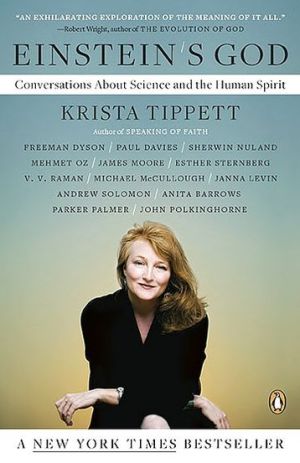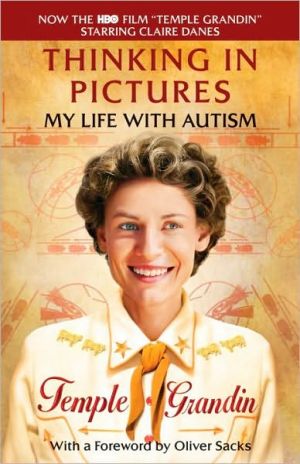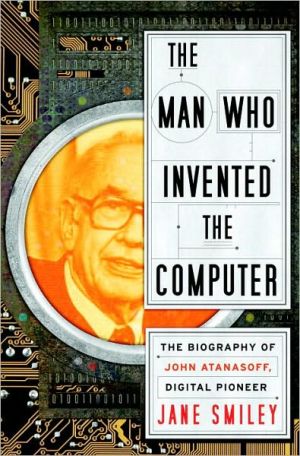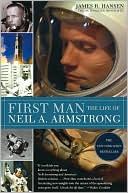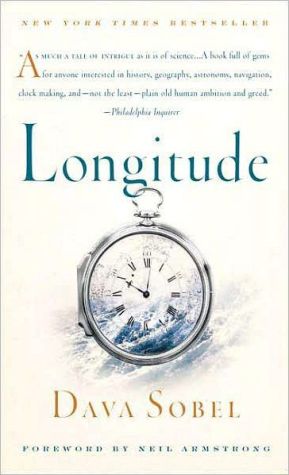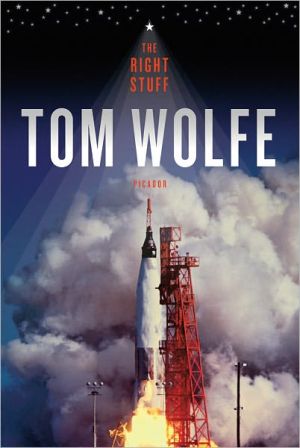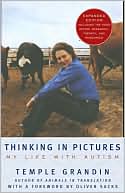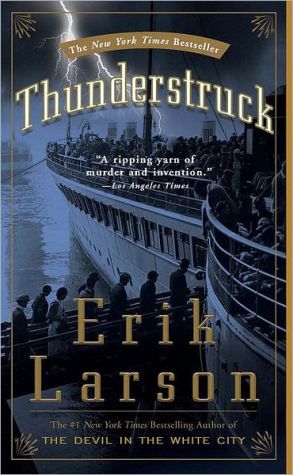Einstein's God: Conversations about Science and the Human Spirit
Albert Einstein did not believe in a personal God. And his famous quip that "God does not play dice with the universe" was a statement about quantum physics, not a statement of faith. But he did leave behind a fascinating, largely forgotten legacy of musings and writings-some serious, some whimsical-about the relationship between science and religion and his own inquisitive reverence for the "order deeply hidden behind everything". Einstein's self-described "cosmic religious sense" is...
Search in google:
Albert Einstein did not believe in a personal God. And his famous quip that "God does not play dice with the universe" was a statement about quantum physics, not a statement of faith. But he did leave behind a fascinating, largely forgotten legacy of musings and writings-some serious, some whimsical-about the relationship between science and religion and his own inquisitive reverence for the "order deeply hidden behind everything". Einstein's self-described "cosmic religious sense" is intriguingly compatible with twenty-first-century sensibilities. And it is the starting point for Einstein's God. Drawn from American Public Media's extraordinary program Speaking of Faith, the conversations in this profoundly illuminating book explore an emerging interface of inquiry-if not answers-between many fields of science, medicine, theology and philosophy. In her interviews with such luminaries as Freeman Dyson, Paul Davies, V. V. Raman, and Mehmet Oz, Krista Tippett draws out the connections between these realms, showing how even those most wedded to hard truths find spiritual enlightenment in the life of experiment and, in turn, raise questions that are richly theologically evocative. Whether she is speaking with celebrated surgeon and author Sherwin Nuland about the biology of the human spirit or questioning Darwin biographer James Moore about his subject's religious beliefs, Tippett offers a rare look at the way our best minds grapple with the questions for which we all seek answers.
The science-religion “debate” is unwinnable, and it has led us astray. To insist that science and religion speak the same language, or draw the same conclusions, is to miss the point of both of these pursuits of cohesive knowledge and underlying truth. To create a competition between them, in terms of relevance or rightness, is self-defeating. Both science and religion are set to animate the twenty-first century with new vigor. This will happen whether their practitioners are in dialogue or not. But the dialogue that is possible—and that has developed organically, below the journalistic and political radar—is mutually illuminating and lush with promise. This book is a conversational introduction to an interplay between scientific and religious questions—not as argued, but as lived—that I began to discover a decade ago. At that time, in the late 1990s, I started a media experiment that eventually became a weekly public radio program about religion, ethics, and questions of meaning, Speaking of Faith. I wanted to explore the intellectual and spiritual content of this part of life we call “religious” and “spiritual” and all the complexity with which it finds expression. Since the passing of Niebuhr and Heschel, of Tillich and King, we had lost a robust vocabulary for spiritual ethics and theological thinking in American public life. In polite, erudite, public-radio-loving circles, religion had become something, as the sociologist Peter Berger quips, “that was done in private between consenting adults.”\ I came to adulthood in such a milieu and never questioned its rightness. I went to Brown, studied Ostpolitik in Bonn, landed in divided Berlin as the New York Times stringer, and spent most of the eighties there, most of my twenties, as a journalist and then a diplomatic appointee. Politics on that cold war fault line was morally as well as strategically thrilling. Spiritually I was agnostic, I suppose, though I’m not sure I gave religion enough thought in those years to claim the label.\ Yet I had grown up in the intellectual and spiritual domain of the Jerry Falwells and Pat Robertsons of the world. Like them, my grandfather was a preacher of hellfire and brimstone. At the same time, though the product of a second grade education, he had a large, unexcavated mind that frightened him, I think, but fascinated me—a sharp wit, a searching attentiveness, a mysterious ability to perform mathematical feats in his head. People like my grandfather were badly represented by Jerry Falwell and Pat Robertson and the journalists who gave them powerful platforms in the eighties and nineties. Later, perhaps understandably, people like him became the object of erudite parody, straw men easily blown down by prophets of reason. His kind of religiosity was small-minded at best, delusional at worst, and, most damnably, the enemy of science.\ The mundane truth is this: my grandfather did not know enough about science to be against it. I summon his memory by way of tracing, for myself, why I’ve found my conversations with scientists to be so profoundly sustaining. It is not just that they are intellectually and spiritually evocative beyond compare.\ Cumulatively they dispel the myth of the clash of civilizations between science and religion, indeed between spirit and reason, that we’ve accepted as the backdrop for so many tensions of the modern West.\ ***\ Having two feet on earth in our time means knowing about black holes and brain chemistry; it means pondering whether the universe is infinite or finite and what the matter in “dark matter” might be. My conversations with scientists leave me with an exhilarating sense of the immediacy and vastness of both reality and mystery, of the importance of asking seemingly unanswerable questions, and of the “rationality” of insisting on a world in which ethics, theology, and “spiritual genius” claim their place alongside and in collaboration with the wondrous capacities of science. To the faithful I say this: if God is God, we cannot be afraid of what we can learn with the remarkable three-pound brain. I offer this book to all—religious and nonreligious, theologians, scientists, and people of all walks of life in between—who want to engage our kindred capacities to think and to live together more richly than our debates would ever suggest is possible.
